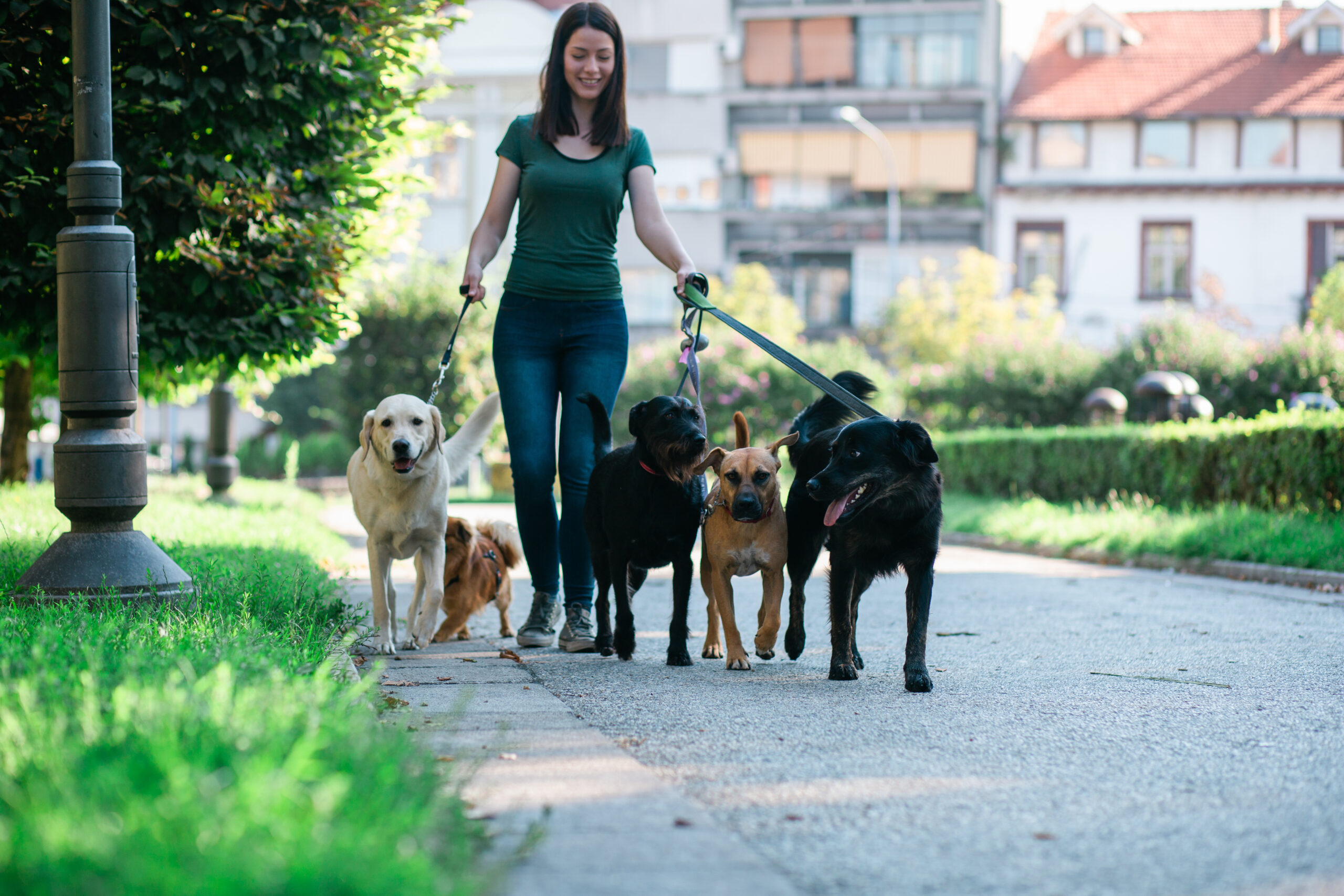If you’re reading this, it probably means you’re thinking pretty seriously about being an egg donor, and wondering exactly how to donate your eggs. You might be curious about egg donation requirements, eligibility, egg donor pay, and the medical side of the process. We’ve got you covered – let’s get into it.
What are the requirements for being an egg donor?
Once you decide you want to donate your eggs, you’ll want to check that you meet the egg donation eligibility requirements. Requirements are pretty standard across clinics, and they are the following:
- You should be a woman between the ages of 21 and 31
- You have a healthy Body Mass Index (BMI), which means you are not overweight
- You don’t smoke, and you’re not a heavy drinker
- You don’t have a history of STIs or other medical conditions, including cancer
- You don’t have a history of depression or substance abuse
- You haven’t recently travelled to an area with a high Zika risk
- You have either graduated, or are currently attending, college or university
These requirements have been put in place for your safety during the process, and for the benefit of the recipient who will use your eggs. If you have checked all the boxes, the next step is to fill out an online application and wait to hear back from an Ovatures coordinator.
Can I definitely donate if I meet the requirements?
It depends. It’s possible the coordinator will call you back to let you know there is not a match for your eggs, so you won’t be able to donate. Unfortunately, this does happen. Because Ovatures tries to retain a 1:1 donor to recipient ratio, if there is not a recipient for your eggs, you cannot donate at that time. In fact, the process is initiated from the recipient’s side; if a woman undergoing IVF learns she cannot use her own eggs to have a baby, and agrees to use donor eggs, her doctor will reach out to our team to let us know what kind of egg donor match she’ll need. Because recipients often want their egg donors to look like them (so their baby has a resemblance to the recipient, or intended mother), each recipient is looking for a very specific egg donor. In many cases, however, desiring donors who meet the requirements will indeed be matched with a recipient and be able to continue the process.
OK, so what happens if I meet the requirements?
This is where the process really begins. Once you meet the egg donor requirements, you will be invited to come in to an Ovatures clinic to meet your doctor so he or she can check your ovarian reserve and run some blood tests to make sure you’re a good candidate to donate.
At this visit, you’ll have a physical exam and a vaginal ultrasound so the doctor can see how many eggs you have in your ovaries. Your blood will also be taken to test for two of the most important fertility hormones – Follicle Stimulating Hormone (FSH) and Anti-Mullerian Hormone (AMH). FSH tests for how hard your brain is working to tell your ovaries to grow your eggs (if it’s working too hard, that could signal a problem), and AMH tests for your egg reserve, or the number of follicles (which contain eggs) growing inside your ovaries at that time.
You’ll also complete an online personality quiz, meet with a counselor to talk about why you want to donate your eggs, review consent forms, and do more blood work, including for genetic and infectious disease testing. You’ll also talk more about egg donor compensation.
How much do you get for donating your eggs?
At Ovatures, you can make up to $8,500 for donating your eggs one time. While compensation varies across clinics and donation sites, nearly all will give some compensation to egg donors. Compensation is appropriate because not only are you giving the gift of life, you are taking time away from your other responsibilities to do it. What’s more, egg donors in the U.S. can donate as many as six times, making egg donation a great way to earn money in college. Because donors can donate again right after their first period following their procedure, egg donation is a great way for interested women to make money in a short amount of time.
What happens after that first egg donation consultation?
Once all those tests come back with flying colors and you are matched with a recipient, you’ll be cleared to begin your egg donation cycle. The reason we call it a cycle is because the process works with your natural menstrual cycle, only it makes it more efficient. Each month in a healthy reproductive system, many egg-containing follicles begin to grow inside each ovary. After a few days, one of those follicles grows bigger than the rest, becoming the dominant follicle that cycle. When that follicle becomes mature enough, its egg bursts through the ovary in the middle of the cycle, and ovulation occurs. The egg stays alive for about 24-36 hours, which is when it can be fertilized by sperm and a pregnancy can occur. That process repeats monthly throughout a woman’s reproductive life. While the natural process is remarkable, it’s not very efficient, because of the loss every month of many good eggs that do not become the dominant egg and do not ovulate. All those follicles that started to grow but didn’t mature fast enough for ovulation are lost through a process called atresia, which is essentially a breakdown of the follicle and the egg inside. The beauty of IVF (and egg donation) is capturing all the follicles in a woman’s monthly cycle at once so none are lost. Indeed, IVF and egg donation only grow existing follicles and don’t ‘take’ eggs from future cycles. So the good news is that donating eggs does not affect your personal fertility because these are eggs that would otherwise never be used.
So what is the medical process, exactly?
In a nutshell, egg donation consists of taking medication to grow all the follicles in your ovaries at one time so they all mature, and then undergoing a short procedure to have the eggs removed. After that, your job is done and your eggs will be given to the recipient’s doctor to either freeze for later use, or more likely, pair immediately with the recipient partner’s sperm to make embryos. Then, the embryos will likely be frozen until they are ready to be implanted into the recipient, when she’ll be hoping for a positive pregnancy test!
For you, the entire medical side of things takes about two weeks – 10-12 days of medications and then the egg retrieval procedure on day 14, give or take. Because your ovaries will be growing when you’re taking the medication, you’ll be asked not to exercise or have sex. The ovary-stimulating medications you’ll be taking are injectable, and you’ll be asked to inject them into your lower tummy a few times a day. During this time, you’ll come into the clinic a few times for vaginal ultrasounds and blood work to make sure everything is growing well. On about day 12, you’ll take your last injectable medication called a ‘trigger shot,’ which tells your body to release, or ovulate, the eggs inside the follicles. Your egg retrieval procedure will be scheduled about a day or two later, perfectly timed for the release of your eggs. The day of the procedure, you’ll come into the clinic and be put under twilight anesthesia, which is strong to enough to make you sleep but much weaker than general anesthesia. A few minutes after you are asleep, the doctor will insert an ultrasound-guided needle into your vagina and through the skin between your vagina and your ovaries so it can lightly puncture the follicular sac and remove the eggs, which lives in yet another fluid-filled sac. All of the eggs will be collected this way from both ovaries, and the either procedure will only take about 15 minutes.
At the end of this time, or shortly after, you will wake up naturally and stay in the recovery room for about an hour until you feel well enough to leave. You will be able to walk out on your own, but you won’t be able to drive because you’re still be a little groggy from the sedation, so make sure you arrange for a driver. You’ll spend the rest of that day, and maybe the next, resting, but should be feeling normal again after that. You’ll likely feel completely back to normal (sex and exercise) about two weeks later, once you get your period and your system resets itself. Following that period, you can donate your eggs again, if you like.
Is the egg donation process safe? Are there any side effects?
Egg donation is safe. According to a 2020 formal opinion issued by the American Society for Reproductive Medicine (ASRM), the fertility and egg donation industry’s governing body, it is safe for egg donors to donate up to six times. Like with any medical procedure, however, there are risks and side effects.
The most common side effects of the medication include bruising and discomfort at the injection site and cramping, bloating and mood swings. For the egg retrieval, the most common side effects are fogginess from the anesthesia, light bleeding, and abdominal/vaginal discomfort.
There are more serious risks to both the medication and the procedure, but they are very rare, affecting only about 1-2% of patients. The most common risk of medication is Ovarian Hyperstimulation Syndrome (OHSS), which is when your ovaries overreact to the medication. Although OHSS is possible, it’s rare because of the frequent monitoring you’ll be having done. Your doctor and nurses will be with you every step of the way to ensure your ovaries are behaving as they should be, and any issues will be dealt with quickly. In terms of the egg retrieval procedure, major risks are very rare, but they include heavy vaginal bleeding, pelvic infection or an allergic reaction to the anesthesia.
You should also know that egg donation does not have an impact on future fertility, and there is no increased risk of cancer or other serious conditions as a result.
Will my eggs really lead to a baby?
The chances are overwhelmingly positive that your eggs will help another someone start or grow their family! Egg donation has been practiced since the early 1980s, undergoing continuous improvement and advancement since. Today, the procedure is safe for donors and successful for recipients, who have a 65 per cent pregnancy success rate with donor eggs, regardless of their age.
If you’re ready to start the life-changing process of egg donation, call 973.656.2876 or email ovatures@ivirma.com.




